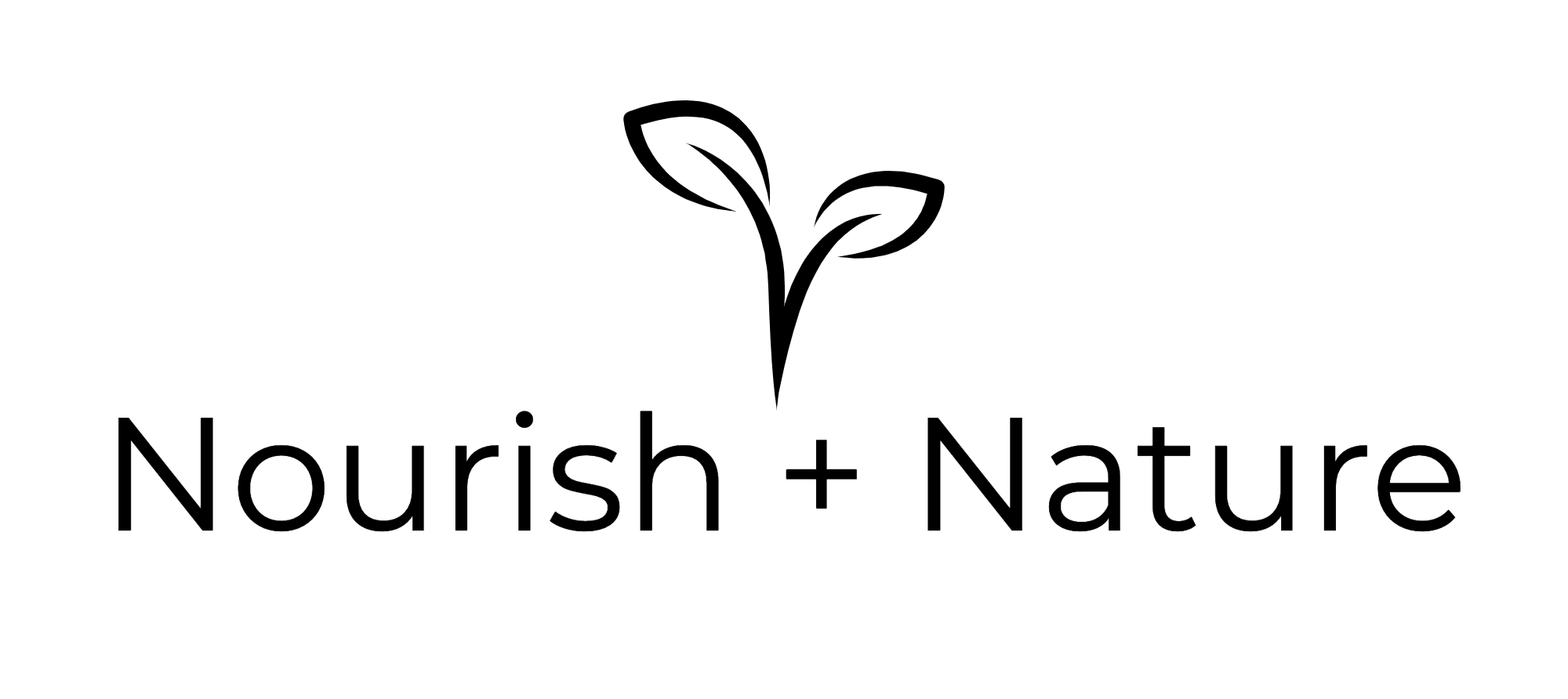This Teacher is Vegan, and Yes, She has an Agenda-Guest Post on Success Academy Blog
This Teacher is Vegan, and Yes, She Has an Agenda
I stopped eating meat when I was 10 — the day I was eating a hamburger on a train, looked outside, and saw two cows on a bright green pasture. I had once biked up to those cows and touched their soft pink noses. I had named them Henry and Frank — and now I was eating a dead animal.
It would be my last. I have been a vegan ever since.
As an arts educator, I carefully infuse my philosophies around kindness, wellness, health, human rights, and advocacy into my art-making classes, and my “Philosophy of Food” elective was no exception. On Day 1, I told my Success Academy high school scholars, “I am vegan, and yes, I have an agenda. I want you to know where your food comes from, and for you to make educated choices about what you eat. I want you to know the science behind how your food affects your life, energy, and health, and I want you to leave empowered, knowing that you can make choices that will protect you, the planet, and its people. I want you to leave this course charged with the power that you can exercise your compassion for all living things through the simple, everyday acts of what you choose to consume .”
I want you to know the science behind how your food affects your life, energy, and health, and I want you to leave empowered, knowing that you can make choices that will protect you, the planet, and its people.
I decided to teach this class during our school’s Winter Opportunity Academy in December because many children are not fully informed about their food choices and don’t question what they eat. I believe that this lack of education around food is the reason so many Americans are overweight, unhealthy, and unhappy. Some children think the chicken in their storybook is different from the chicken on their plate. If children don’t know what they’re eating, how can they make informed decisions about what to put on their plate?
In class, I introduced students to scholarly research and documentary films that helped them understand the difference between organic and processed foods, the treatment of animals in factory farms, and the influence of the meat and dairy industry on the American diet. In one class, scholars studied cafeteria posters to understand how they were being tricked into believing that meat and dairy products are good for their health. My students learned that most dairy is produced not by farmers, but by corporations that operate large factory farms. They watched documentaries showing how animals are mistreated and fed unnatural diets in these horrifying places, and they contrasted these images with those that appear on commercials and billboards. Turns out that the idyllic image of a happy cow in an open pasture that you see on milk cartons is a lie. They discovered that farming, as we know it, is no longer a symbiotic relationship among animals, humans, and the earth, but a profit-first abuse of power by corporations that torture animals, create massive amounts of pollution (if you need a visual, Google “GoPro factory farm”), marginalize poor communities, and violate workers’ rights.
My job as an educator is not just to teach the amazing power of art-making and visual expression, but to ensure that when these young artists and scholars get into amazing colleges, they will know how to choose foods that will give them energy to pull the all-nighters, to write impressive dissertations, and to create those poignant works of art. My goal is for them to have healthy lifestyles that support their success. Without education around healthy food choices and knowledge of food industry practices, our students may leave college not just with a bachelor’s degree, but also with heart disease or diabetes. The question I repeatedly ask students is, “How much suffering will you tolerate for your food?”
For their final project, students created pamphlets, posters, and paintings to illustrate what they learned in my course. One of my students, Lexi Torres, emailed me her pamphlet early to get feedback, and later asked me in class, “Can we pass these out to other students to educate them as well?” Yes, Lexi, please do.
- See more at: http://www.successacademies.org/education-blog-post/this-teacher-is-vegan-and-yes-she-has-an-agenda/#sthash.FZ8SNSnk.dpuf

